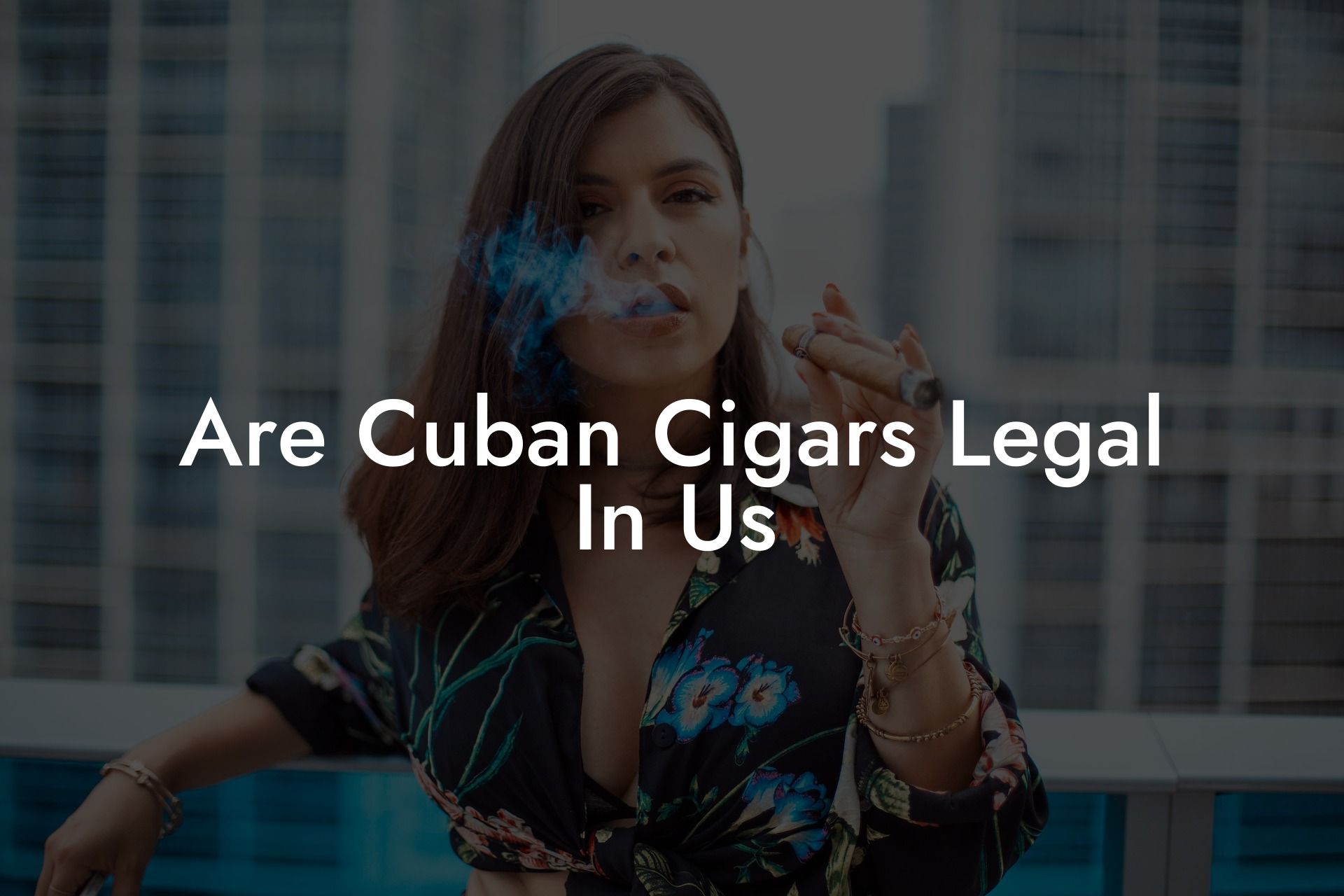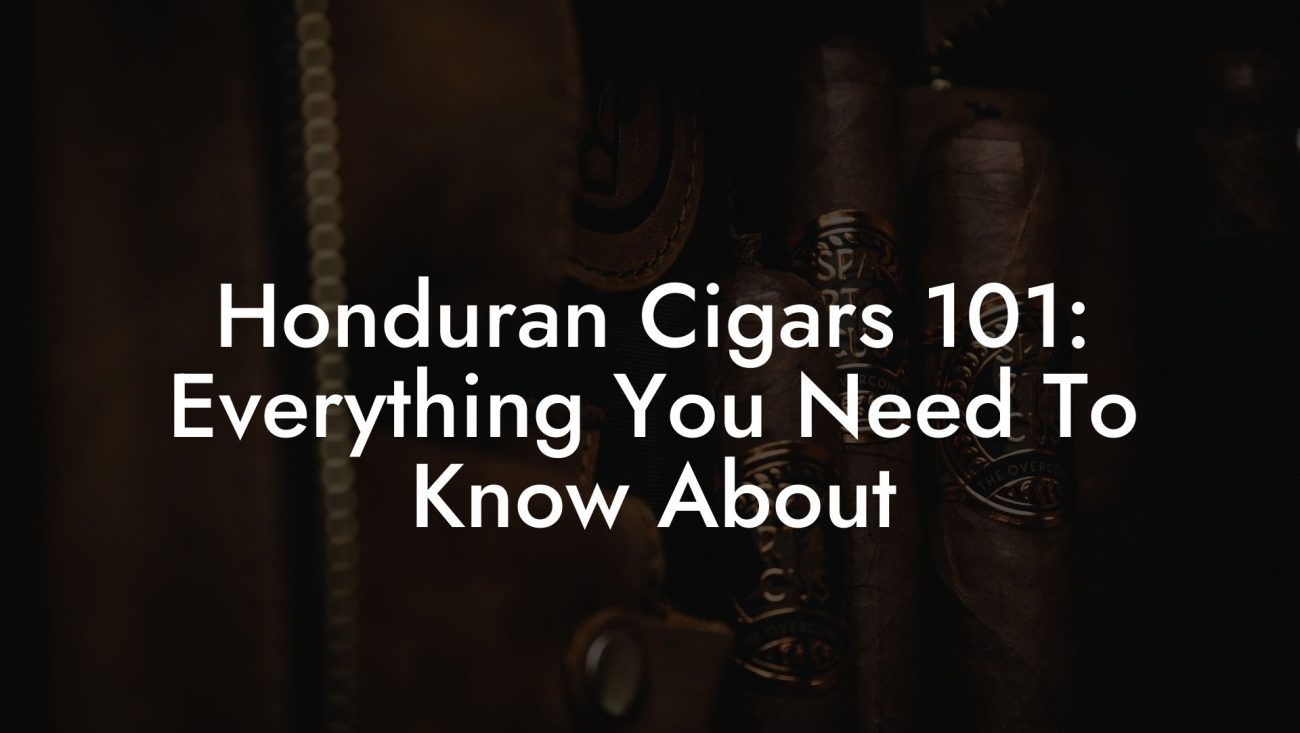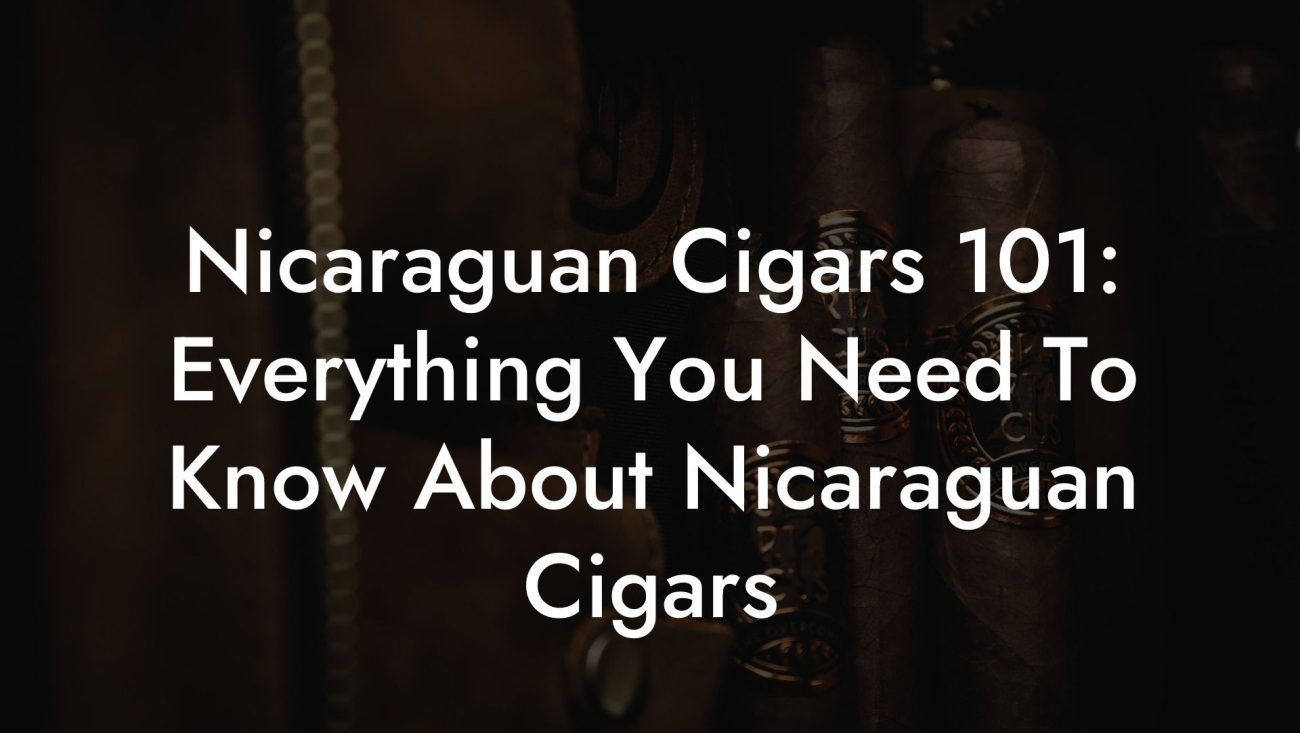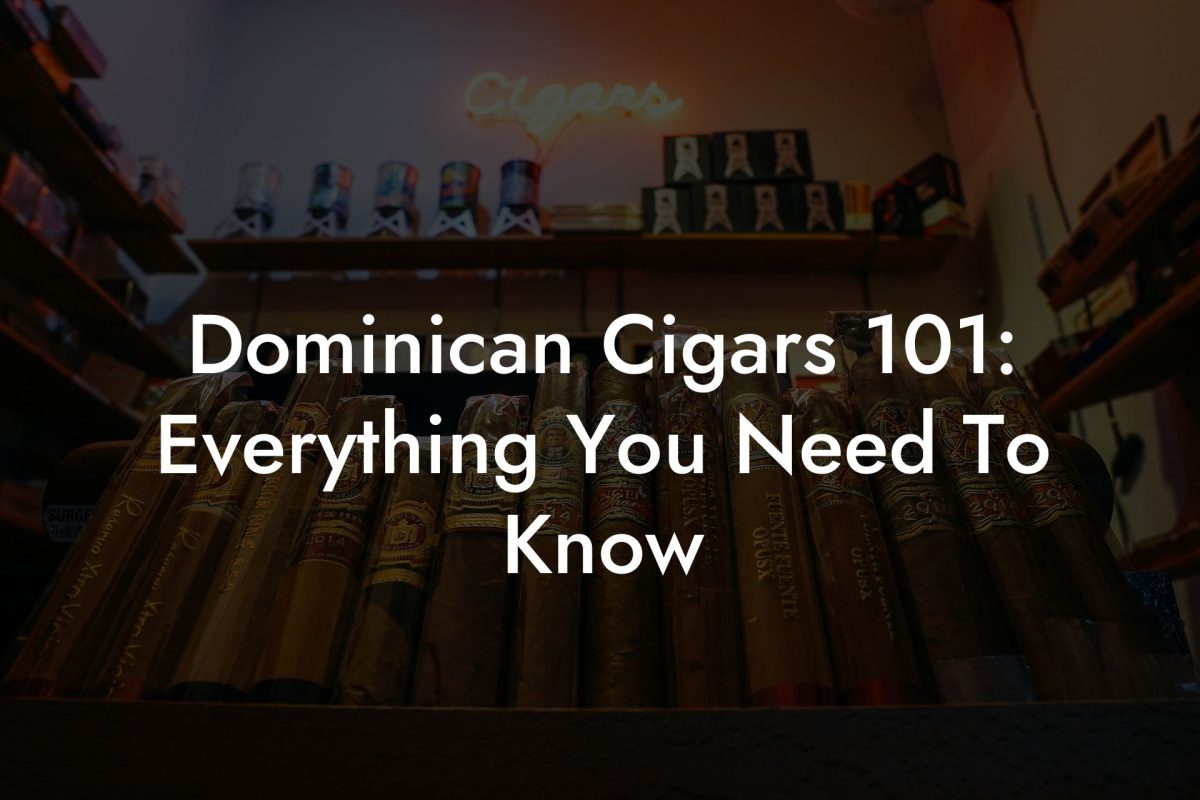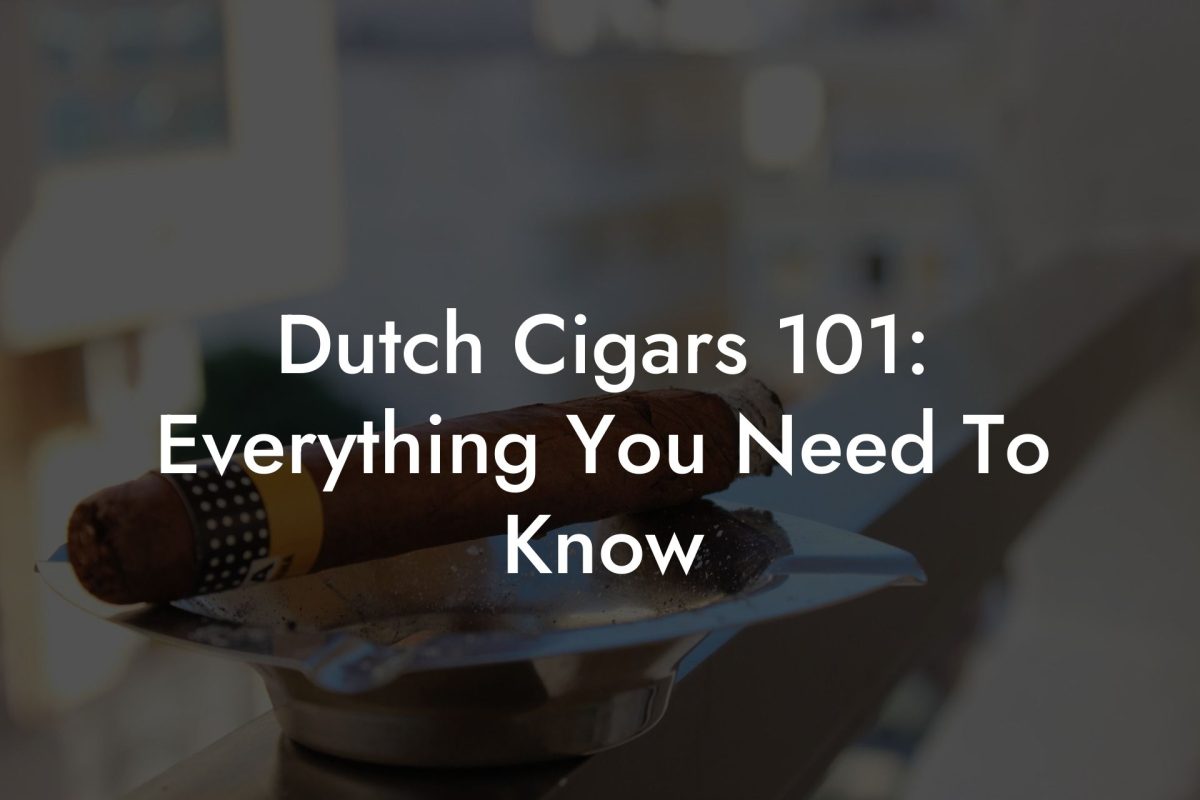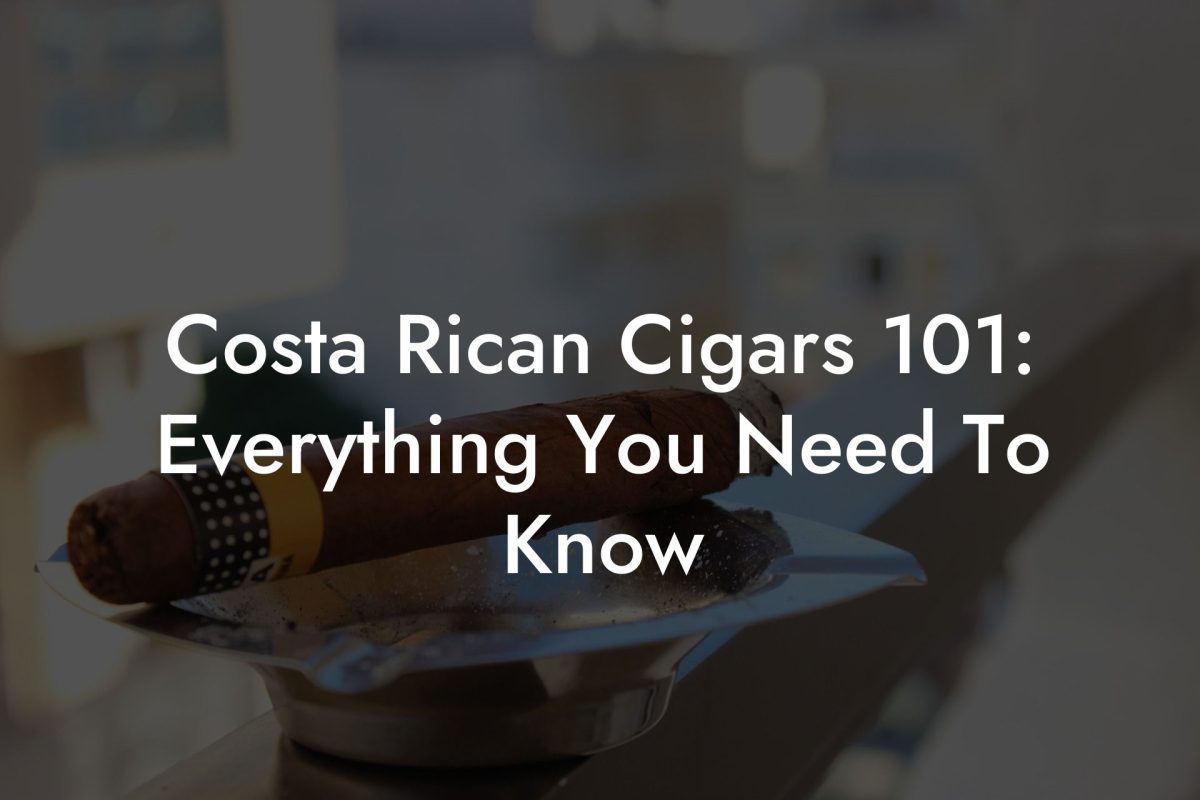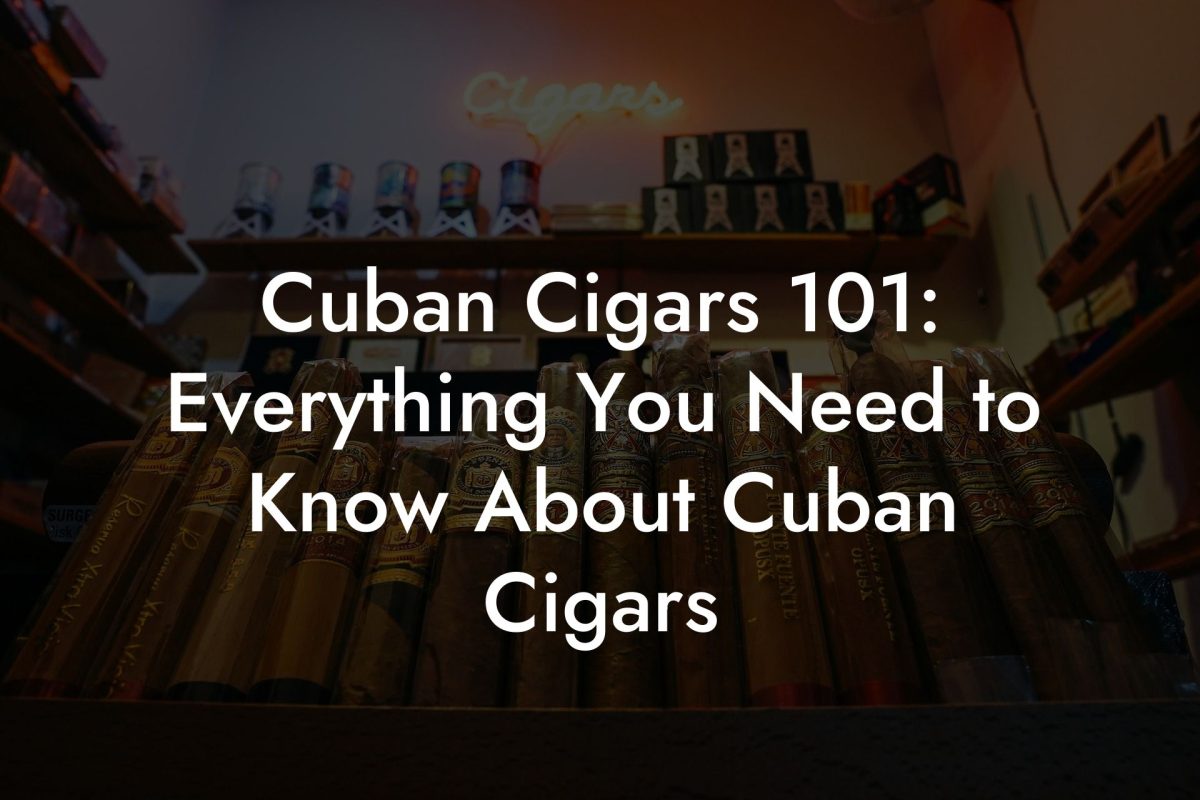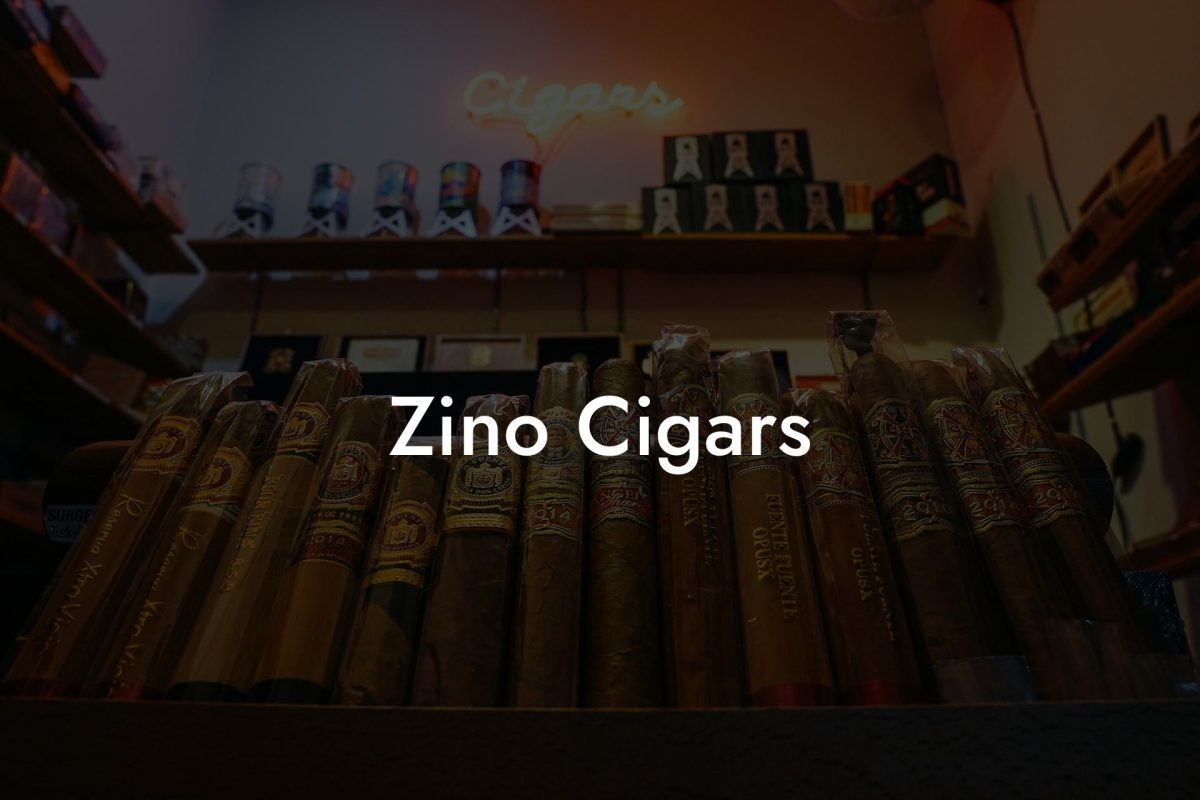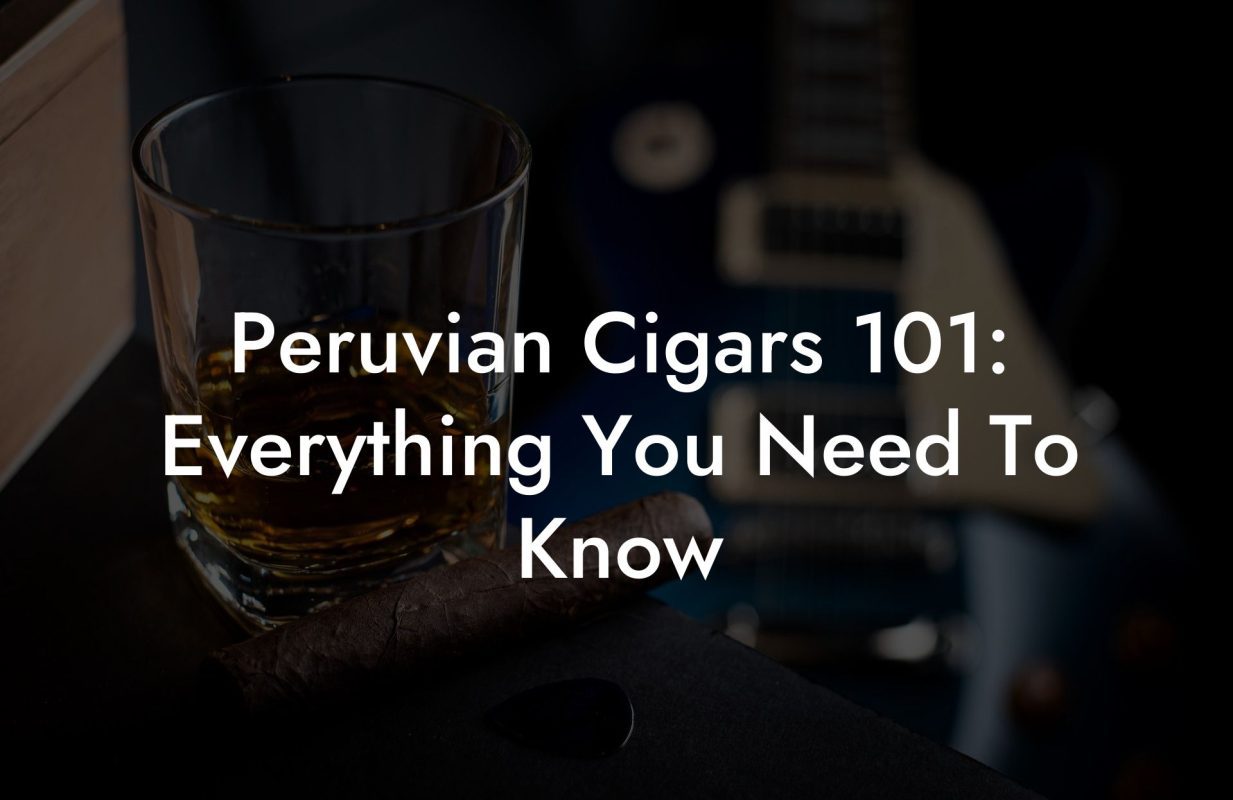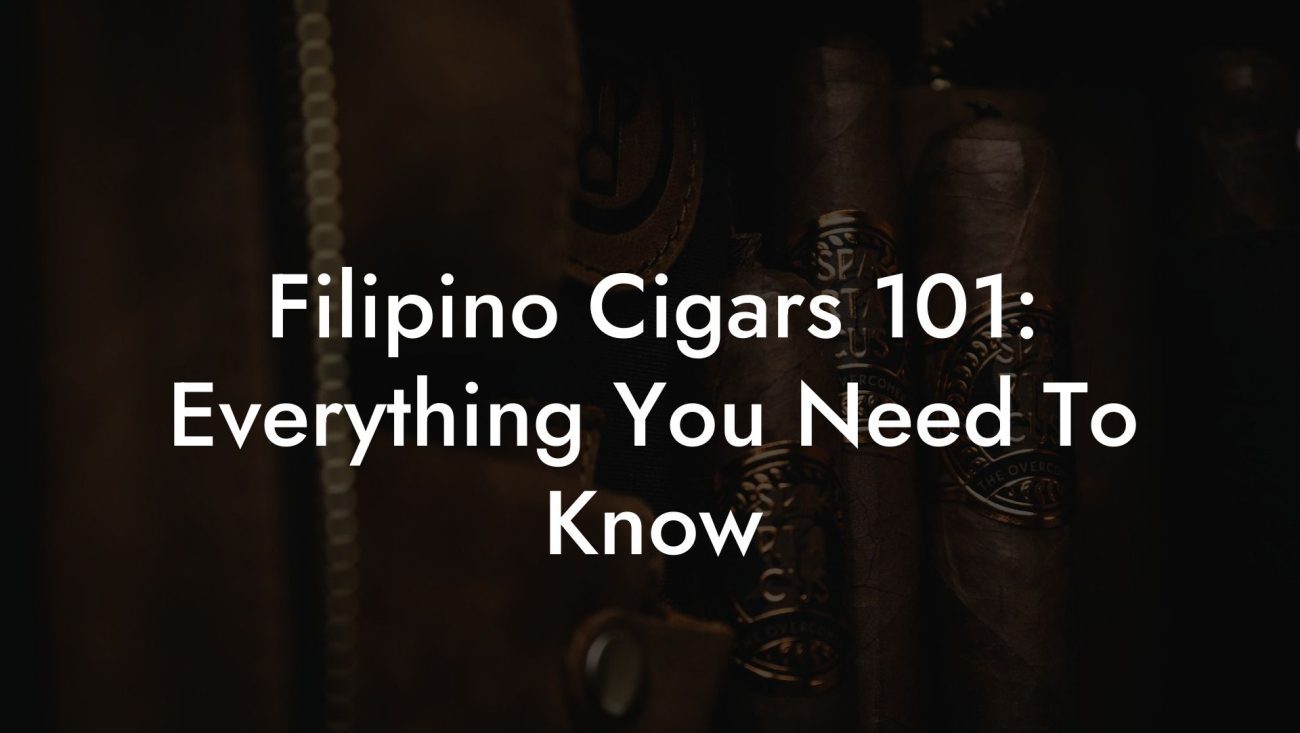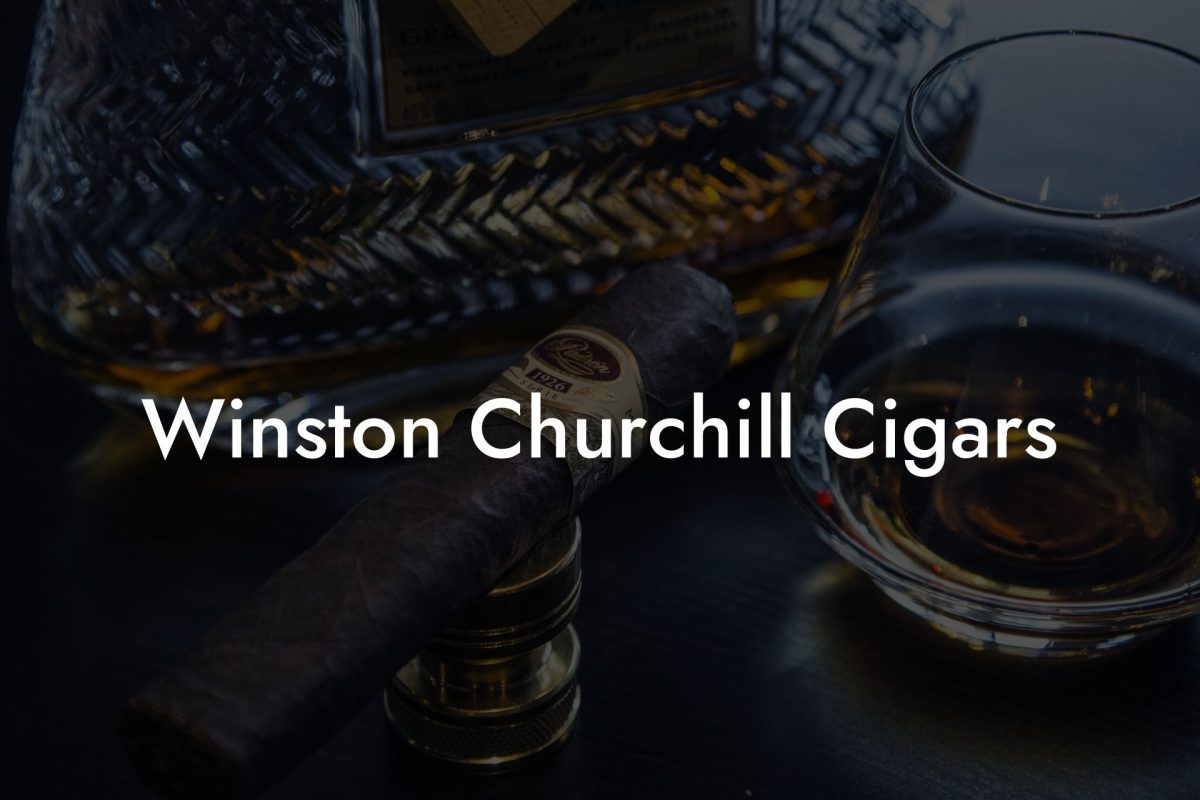Let’s talk about a topic that’s been swirling around like smoke in a dimly lit lounge: the legality of Cuban cigars in the US. Picture yourself stepping into a world where political history, cultural legends, and a dash of controversy mix to make one of the most irresistible debates in the cigar community. Whether you’re a seasoned aficionado or just intrigued by the mystique of these famous stogies, this guide will lead you through the maze of embargoes, legal twists, and modern viewpoints, all with a vibe that’s as bold and engaging as a freshly lit Cuban cigar.
Are Cuban Cigars Legal In Us Table of Contents
The Storied Legacy of Cuban Cigars: More Than Just a Smoke
Understanding the U.S. Legal Landscape: A Smoky History of Embargoes and Evolving Policies
Cuban Cigars: The Cultural Icon That Transcends Borders
Current U.S. Trade Policies: Decoding the Legality Puzzle
The Intricate Dance Between Politics and Passion
The Modern Cigar Culture: Gen-Z and Millennials Redefining Tradition
Responsible Enjoyment: Mastering the Art of Contemporary Cigar Culture
Customs Regulations and Tax Implications: Navigating the Bureaucratic Maze
Authenticity and Counterfeit Concerns: Separating the Real from the Fake
Economic and Diplomatic Impacts: How Cuban Cigars Influence International Relations
Resources and Community Support: Your Next Steps in the Cigar Odyssey
Legality in Practice: How to Legally Enjoy Cuban Cigars in the U.S.
Deep Dive into the Debate: Perspectives From All Sides
FAQ: Your Top Questions Answered About Cuban Cigars and U.S. Legality
The Storied Legacy of Cuban Cigars: More Than Just a Smoke
Cuban cigars are not merely hand-rolled tobacco products; they are steeped in history and wrapped in legend. For centuries, these cigars have represented craftsmanship, luxury, and a celebration of life’s finer indulgences. Originating from rich, fertile soils nurtured by a unique blend of climate and tradition, Cuban cigars have managed to captivate enthusiasts all over the globe. But what makes them so uniquely desirable?
The answer lies in the art of cultivation and the meticulous hand-rolling process that transforms raw tobacco leaves into masterpieces. Each cigar tells a story, a story of tradition, passion, and a commitment to quality that has been passed down through generations. It's no wonder that despite political turbulence and shifting trade policies, the allure of Cuban cigars remains unyielding.
In the context of today's bustling cigar culture, where influencers and connoisseurs alike post aesthetic shots of their latest finds, Cuban cigars have earned a special status. They’re more than just a smoking accessory; they’re a symbol of rebellion against the mundane and a nod to a storied past that continues to spark modern debates.
Understanding the U.S. Legal Landscape: A Smoky History of Embargoes and Evolving Policies
The legal status of Cuban cigars in the US is like a plot twist in your favorite binge-worthy series, unexpected, layered, and totally debatable. To understand the present, it helps to look back. The US imposed a trade embargo on Cuba more than half a century ago, a political decision that sent ripples across the global economy and instantly made Cuban cigars an item of both intrigue and restricted desire.
For decades, the embargo meant that Cuban cigars were off-limits, locked behind a barrier of legal restrictions. Importing them was akin to an underground mission involving secret handshakes and whispered negotiations in smoky backrooms. However, recent years have witnessed a gradual shift. While the embargo still exists in many forms, certain nuances and loopholes have allowed for limited legal importation under strict regulations.
Today, the conversation is less about a total ban and more about how these iconic cigars navigate the intricate web of regulations, customs policies, and international law. The policies vary, and the enforcement can sometimes seem as unpredictable as a flickering cigar flame. Nonetheless, the fascination remains, with new generations questioning: Are Cuban cigars legal in the US, and if so, under what conditions?
Cuban Cigars: The Cultural Icon That Transcends Borders
Beyond the legal debates, Cuban cigars have become a cultural phenomenon. They’re featured in movies, celebrated in music, and even referenced in art and literature. Today’s generation, especially Gen Z and millennials, sees them not merely as a luxury product but also a statement, a slice of history with a rebellious edge.
In a world where authenticity is often questioned, the story behind Cuban cigars adds a layer of depth to the experience. They serve as a tactile link to a bygone era when diplomacy was as complex as the aging process of the leaf, and each puff was a taste of defiance against economic sanctions.
Whether you’re admiring vintage collections or exploring the modern twists in cigar culture, Cuban cigars embody a spirit of resistance, creativity, and self-expression. Their presence on social media feeds, paired with hashtags like #CubanCigarCulture and #SmokeWithStyle, speaks to a community that values both tradition and innovation.
Current U.S. Trade Policies: Decoding the Legality Puzzle
So, are Cuban cigars legal in the US? The short answer isn’t as clear-cut as a yes or no, it’s more of a complex recipe of regulations, exceptions, and historical baggage. The trade embargo imposed in the 1960s created a legal labyrinth that continues to influence the import and distribution of Cuban cigars.
Government agencies such as the Bureau of Alcohol, Tobacco, Firearms and Explosives (ATF) and the US Customs and Border Protection (CBP) enforce strict guidelines on the import of Cuban products. This means that while not outright illegal in certain contexts, the availability of Cuban cigars is heavily regulated. Travelers returning from countries where Cuban cigars are sold legally are subject to limited allowances, and even then, quantities are strictly controlled.
For many cigar enthusiasts, these regulatory hoops add a mystique and challenge to acquiring the goods. Rather than being a mass-market item, Cuban cigars have become a coveted rarity, a treasure that must be sourced carefully, adding an exhilarating element of the hunt to the overall experience.
The evolving landscape also means that what might be permissible today could change tomorrow. Keeping abreast of the latest updates on trade policies is crucial for enthusiasts who want to ensure their passion remains fully compliant with the law. And as policy shifts, the community remains ever vigilant, ready to debate and discuss the latest legal developments.
The Intricate Dance Between Politics and Passion
The story of Cuban cigars in the US is as much a political narrative as it is a tale of unmatched craftsmanship and style. The embargo isn’t just about trade; it’s a political statement, a relic of Cold War tensions that continues to influence bilateral relations today.
For the politically curious, Cuban cigars serve as a case study in how economic sanctions can shape cultural trends. The embargo has not only affected how Cuban cigars are distributed but has also had a ripple effect on production, pricing, and global perception. Outlawing a cultural icon created an underground market that thrives on exclusivity and rebellion.
This complex interplay between politics and passion has only heightened the allure of Cuban cigars. Every time you see a well-stocked humidor or catch a glimpse of a meticulously wrapped cigar, remember that you’re holding not just a piece of tobacco, but a symbol of political resilience and cultural defiance.
The Modern Cigar Culture: Gen-Z and Millennials Redefining Tradition
Today’s cigar culture is not what it used to be. Gone are the days when cigar lounges were reserved for older gentlemen in expensive suits. Now, Gen-Z and millennials are adding their own flavorful twist to the scene. With an eagerness to blend tradition with modernity, they’re redefining what it means to enjoy a fine cigar.
Social media has played a huge role in this transformation. Platforms like Instagram, TikTok, and Twitter have become virtual cigar lounges where enthusiasts share their experiences, tips, and stories about both legal and gray-area purchases of Cuban cigars. The aesthetic and the vibe are just as important as the cigar itself, a perfect blend of retro charm and contemporary cool.
This new generation appreciates the rich history behind Cuban cigars while also seeking innovation and unique experiences. They are vocal about responsible enjoyment and informed discussions around the legality and ethics of their hobby. And while debates about embargoes and restrictions continue, the spirit of community remains strong, driven by shared passion and a desire for authenticity.
Responsible Enjoyment: Mastering the Art of Contemporary Cigar Culture
With great passion comes the responsibility to enjoy these masterpieces in a way that respects both tradition and modern legal stipulations. Responsible cigar consumption means staying informed about current regulations, making ethical purchasing decisions, and always considering the health aspects that come with tobacco use.
Enthusiasts are now more aware than ever of the complexities surrounding authenticity and legality. This conscious approach includes:
- Staying Informed: Regularly checking updates on trade policies and customs regulations is essential. Knowledge is power, especially when legal landscapes evolve.
- Seeking Authenticity: Authentic Cuban cigars should be sourced from reputable vendors. This not only ensures that you’re enjoying the real deal but also that you’re complying with import regulations.
- Moderation and Mindfulness: Enjoying a fine cigar isn’t about overindulgence. It’s about savoring the moment, appreciating the artistry behind each hand-rolled masterpiece, and connecting with a community that shares your passion.
- Engaging in Constructive Debate: Whether online or in person, engaging in thoughtful discussions about the cultural, historical, and legal aspects of Cuban cigars enriches the experience for everyone involved.
This modern approach ensures that while traditions are preserved, they’re also adapted to fit the lifestyle and ethics of today’s cigar community. The aim is to enjoy, educate, and evolve, one puff at a time.
Customs Regulations and Tax Implications: Navigating the Bureaucratic Maze
Beyond the alluring mystique of Cuban cigars lies a labyrinthine path of customs regulations and tax implications. For cigar enthusiasts, understanding these details is crucial to ensure that their prized cigars don’t end up as an item on a customs seizure report.
When traveling internationally, particularly from countries where Cuban cigars are sold without restrictions, US Customs plays an active role in regulating how many cigars you can bring back. There are limits set on the quantity, and strict documentation is often required to prove the cigars’ origin and authenticity. Once they’re in the country, import taxes and duties can also kick in.
The process is similar to maneuvering through a highly technical video game, one wrong move, and you might find yourself caught in a bureaucratic trap. However, armed with the right information, enthusiasts can navigate the channels effectively. Some tips include:
- Researching current import limits and any applicable duty fees.
- Documenting all purchases and keeping receipts, as meticulous record-keeping can save you from potential headaches down the line.
- Consulting with experts or legal advisors who specialize in tobacco imports if you plan to bring in larger quantities.
Staying on the right side of the law not only preserves the integrity of your collection but also contributes to a more sustainable and responsible cigar culture.
Authenticity and Counterfeit Concerns: Separating the Real from the Fake
In an era of rampant counterfeiting and market dilution, verifying the authenticity of Cuban cigars is more critical than ever. As the legal status of Cuban cigars in the US continues to hover in a gray area, unscrupulous vendors may attempt to pass off look-alikes as the genuine article.
The hunt for authenticity involves a savvy mix of brand knowledge, market research, and occasionally, a discerning eye for detail. Here’s how to ensure you’re getting the real deal:
- Purchasing from Reputable Sources: Stick to vendors and retailers with a strong reputation in the industry. Word-of-mouth recommendations and online reviews from trusted communities can help steer you clear of fakes.
- Inspecting the Packaging: Authentic products come with meticulous packaging details, embossed logos, official seals, and information on the cigar’s origin. Any spelling mistakes or design flaws can be a red flag.
- Seeking Expert Opinions: Engage with the vibrant online communities of cigar aficionados. Platforms like dedicated forums or social media groups can provide tips on identifying counterfeit products.
With the right tools and insights, even the most novice enthusiast can learn to appreciate the subtle nuances that distinguish a genuine Cuban cigar from its imposters. This pursuit of authenticity adds yet another thrilling layer to the overall experience.
Economic and Diplomatic Impacts: How Cuban Cigars Influence International Relations
Beyond personal enjoyment and cultural cachet, Cuban cigars have played an intriguing role in shaping economic policies and international relations. The US embargo against Cuba has long been a centerpiece of diplomatic discussions, affecting not only trade but also cultural exchanges.
The economic impact of this policy is twofold. On one hand, the scarcity created by the embargo has made Cuban cigars a luxury item, driving demand and maintaining high resale values. On the other hand, the restrictions have led to unauthorized markets and gray-area transactions, as enthusiasts and collectors seek alternative routes to satisfy their cravings.
Diplomatically, the debates surrounding Cuban cigars reflect broader tensions and potential for reform. As diplomatic relations evolve, there is often speculation about what a future without such restrictions might look like. The possibility of a cultural and economic thaw sparks hope among both policymakers and passionate aficionados who dream of a day when these iconic cigars can be appreciated without legal constraints.
Regardless of where the political pendulum swings, the economic and cultural exchanges inspired by Cuban cigars remain a fascinating study in how an artisanal product can influence international dialogues and trade dynamics.
Resources and Community Support: Your Next Steps in the Cigar Odyssey
Navigating the world of Cuban cigars, with its blend of rich traditions, evolving legalities, and spirited cultural debates, can feel overwhelming. But remember, you’re not alone on this journey. There’s a thriving community of cigar enthusiasts, online forums, and specialized retailers ready to share insights, advice, and the occasional cigar aficionado story.
To further immerse yourself in this vibrant world, consider exploring the following resources:
- Online Cigar Forums: Join communities where enthusiasts exchange the latest news, legal updates, and personal experiences.
- Social Media Influencers: Follow reputable cigar critics and influencers on Instagram and TikTok to stay updated with current trends and reviews.
- Cigar Magazine Subscriptions: Publications and blogs dedicated to the world of cigars provide in-depth analysis, interviews with experts, and feature stories on the cultural significance of Cuban cigars.
- Legal and Trade Publications: For a more technical dive into the regulations affecting Cuban cigars, explore resources provided by customs and trade authorities.
- Tasting Events and Cigar Lounges: Whenever possible, attend local cigar tastings and meet-ups. They’re prime opportunities to learn first-hand, ask questions, and see the latest trends.
Embracing the cultural legacy of Cuban cigars means engaging with a community that values both tradition and modernity. Whether you’re seeking expert advice or simply looking to swap stories on your latest find, these resources will help you stay informed and connected.
Legality in Practice: How to Legally Enjoy Cuban Cigars in the U.S.
If you’re wondering how to legally incorporate Cuban cigars into your lifestyle without stepping afoul of the law, here’s a practical rundown:
- Travel and Import Limits: Travelers returning from territories where Cuban cigars are sold legally (such as certain Caribbean cruise destinations) are allowed to bring back a limited number for personal use. Always check the latest customs regulations to know the permitted quantities.
- Special Licensing: Some collectors and aficionados may pursue special licenses to import Cuban cigars for personal or even retail purposes. This process involves navigating federal regulations with the help of legal advisors.
- Staying Updated: Regulations can vary with each administration, so keeping informed through trusted news outlets and industry publications is crucial. Subscribe to newsletters from reputable cigar organizations to stay ahead of any changes.
- Ethical Purchasing: Always buy from verified vendors who comply with regulations. This not only ensures that you’re getting a quality product but also supports the industry’s standards.
By taking these cautious and informed steps, you can weave Cuban cigars into your lifestyle while respecting legal boundaries. It’s the perfect blend of passion and responsibility, a testament to how even age-old traditions can be adapted to meet modern standards.
Deep Dive into the Debate: Perspectives From All Sides
The debate over the legality and availability of Cuban cigars in the US is as layered as the cigars themselves. Whether you’re a staunch supporter of the strict embargo or a proponent of relaxing the restrictions, there’s no shortage of passionate voices on both sides.
Some argue that the embargo is a necessary political tool, a symbol of national policy that carries historical significance. Others maintain that in today’s globalized world, cultural exchange and economic opportunity should outweigh outdated restrictions. This conversation isn’t just about cigars, it’s about identity, freedom, and the power dynamics of international trade.
Engaging with these diverse perspectives can be both enlightening and energizing. It encourages an informed discussion that transcends simple legal definitions and taps into broader conversations about ethics, history, and the evolving nature of global commerce.
FAQ: Your Top Questions Answered About Cuban Cigars and U.S. Legality
We’ve gathered some of the most frequently asked questions from cigar enthusiasts and curious minds alike. Dive in to get the full scoop on Cuban cigars, legality, and everything in between.
1. Are Cuban cigars completely illegal in the US?
Cuban cigars are not completely banned; however, strict regulations and import restrictions apply. Travelers can bring back limited quantities for personal use under certain conditions.
2. How has the embargo affected Cuban cigar availability in the US?
The embargo has made Cuban cigars rare and highly coveted. While direct commercial importation is restricted, there are legal pathways for personal import under limited circumstances.
3. Can I legally buy Cuban cigars online in the US?
Be cautious, many online vendors claim to sell Cuban cigars, but authenticity and legal compliance are not always guaranteed. Purchasing from reputable sources is essential.
4. What should I do if I’m unsure about the legal status of my Cuban cigars?
Consult with customs regulations and seek advice from legal experts or trusted cigar communities to ensure you’re aligning with current policies.
5. Have there been any recent changes in US policy regarding Cuban cigars?
US policies can evolve as diplomatic relations with Cuba change. It’s important to stay updated with the latest news and trade guidelines, as adjustments can occur at any time.
6. Is it possible to import Cuban cigars for commercial purposes?
Importing Cuban cigars for commercial sale involves a rigorous licensing process and must adhere to strict federal regulations. Most legal pathways are designed for personal use.
7. What role do customs duties and taxes play?
Customs duties and taxes can significantly affect the final cost of Cuban cigars when imported. Travelers should be aware of these additional costs to avoid surprises at the border.
8. Can changes in US-Cuba relations affect cigar legality?
Absolutely. Diplomatic shifts between the US and Cuba have historically led to policy changes regarding trade and importation, possibly altering cigar availability.
9. How can I verify that my Cuban cigar is authentic?
Look for clear branding details, purchase from reputable vendors, and engage with expert communities to verify authenticity. Counterfeits are common, so vigilance is important.
10. Where can I find more detailed, updated information on cigar regulations?
Reputable sources include US Customs and Border Protection, the Bureau of Alcohol, Tobacco, Firearms and Explosives, and established cigar industry publications that regularly cover regulatory changes.
Your Journey Through the Hazy World of Cuban Cigars
Whether you’re a curious newcomer or a lifelong aficionado, navigating the intricate world of Cuban cigars is part history, part legal puzzle, and entirely an adventure in taste and tradition. The conversation continues to evolve as new generations embrace this storied indulgence, balancing reverence for the past with an eye on modern values, transparency, authenticity, and responsible enjoyment.
Every puff carries not just the rich aroma of finely cured tobacco, but also the weight of decades of political debate and cultural transformation. As you explore this colorful narrative, remember that your passion for cigars is more than a personal luxury, it’s a bridge between diverse cultures, a spark of historical reflection, and a conversation starter among communities that prize both heritage and innovation.
Embrace the experiment, stay informed, and enjoy every moment of your cigar journey. The world of Cuban cigars is as thrilling as it is complex, and with the right knowledge, you can navigate it like a true connoisseur, confidently and responsibly.
Now, light up a metaphorical cigar (or the real thing, where legal) and savor the experience of immersing yourself in one of the most fascinating intersections of culture, law, and art. Your adventure in understanding the legal, historical, and social layers of Cuban cigars in the US begins here, so grab a seat, stay curious, and let the rich discussions and debates roll on like smoke trailing into the night.

